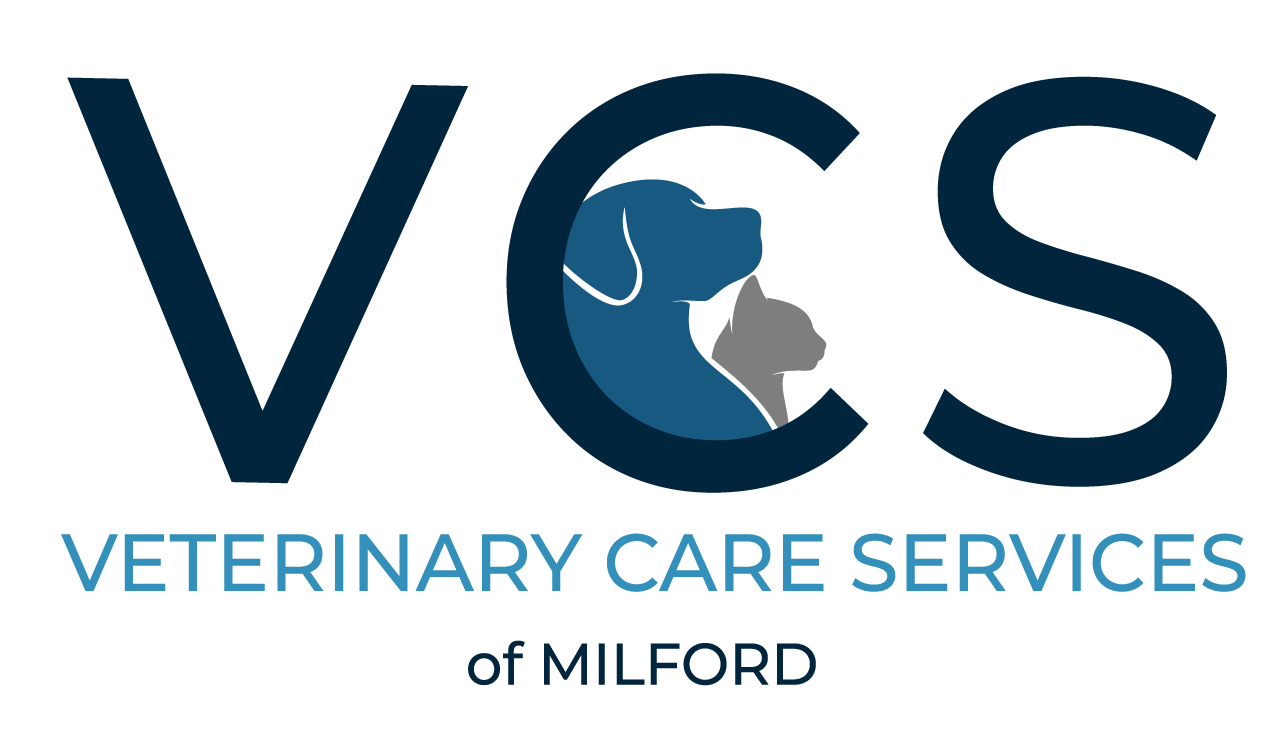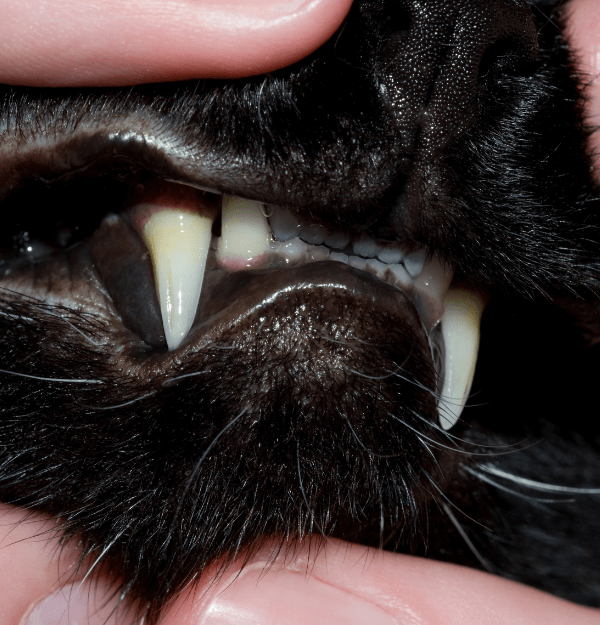Pet
Dental Wellness
Dental health is a very important part of your pet’s overall health, and dental problems can cause, or be caused by, serious health issues.
Dental Health
Dental disease in your pet can be very difficult to detect. However, even though the signs of canine and feline dental disease are not obvious, dental disease can be very hazardous to your pet’s health. Your pet’s teeth and gums should be checked at least once a year by your veterinarian to identify early signs of a problem and to keep your pet’s mouth healthy.
Signs of Dental Disease
- Bad breath
- Broken or loose teeth
- Extra teeth or retained baby teeth
- Teeth that are discolored or covered in tartar
- Abnormal chewing, drooling or dropping food from the mouth
- Reduced appetite or refusal to eat
- Pain in or around the mouth
- Bleeding from the mouth
- Swelling in the areas surrounding the mouth
- Some pets become irritable when they have dental problems, and any changes in your pet’s behavior should prompt a visit to your veterinarian. Always be careful when evaluating your pet’s mouth because a painful animal may bite.
Periodontal disease is the most common dental condition in dogs and cats – by the time your pet is three years old, he or she will very likely have some early evidence of periodontal disease, which will worsen as your pet grows older if effective preventive measures aren’t taken. Other health problems found in association with periodontal disease include kidney, liver, and heart muscle changes.
What Happens When My Pets Teeth Are Cleaned?
Dental cleanings are very similar to a dental cleaning at your dentist’s office. Your pet’s teeth will be ultrasonically scaled and polished, and gingival pockets will be measured. Then the doctor will examine your pet’s mouth and teeth. A full dental chart will be created, documenting all of our findings. The doctor will perform any needed radiographs and extractions only after they have discussed with you your pet’s dental health and treatment plan by phone. Nerve blocks will be utilized should any extractions or other procedures prove necessary ( just like at your dentist should you need filling).
Why is Anesthesia Necessary?
When you visit your dentist’s office, you know how challenging it can be to hold still and relax. However, you understand the importance of routine dental care. Anesthesia allows us to remove the stress and any discomfort for your pet. Also, anesthesia will enable us to scale, polish thoroughly, and evaluate your pet’s mouth and teeth. Anesthesia creates an opportunity to treat your pet’s dental disease very carefully.
Before anesthesia, our doctors will perform a complete physical exam, and appropriate lab testing will be performed as well as chest x-rays, all to be sure that your pet is an excellent candidate for anesthesia. An intravenous catheter will be placed, and IV fluids will be administered throughout the procedure to be sure your pet remains safe.
Remember that your pet cannot eat the morning of the dental, but continue to give them access to water.
How Do I Schedule a Dental?
If your pet has been to our hospital within the past six months, you may call and schedule a dental with our appointment desk. If it has been longer since your pet has visited us, please schedule a dental consult appointment with one of our doctors. This will allow you to ask any further questions, and we can be sure that your pet is a good candidate for the procedure.
How Long Does a Dental Take?
We will ask you to bring your pet to the hospital in the morning. Dental Care can take as short as 45 minutes or as long as 2 hours, depending on the level of complication. Your pet’s doctor will call you after the procedure is completed and a time to go home once they have recovered from the procedure.
Can I Keep My Pet’s Teeth as Healthy as Possible?
Regular brushing would be very helpful. However, not very many of our cats and dogs are willing to allow thorough brushing daily. Fortunately, there are a number of treats and chews as well as other supplements for dogs and cats that due assist in limiting tartar formation and improving dental health.
The Veterinary Oral Health Council (www.vohc.org) has compiled lists of veterinary dentist-recommended products for dogs and cats. We recommend consulting their site for more information.

